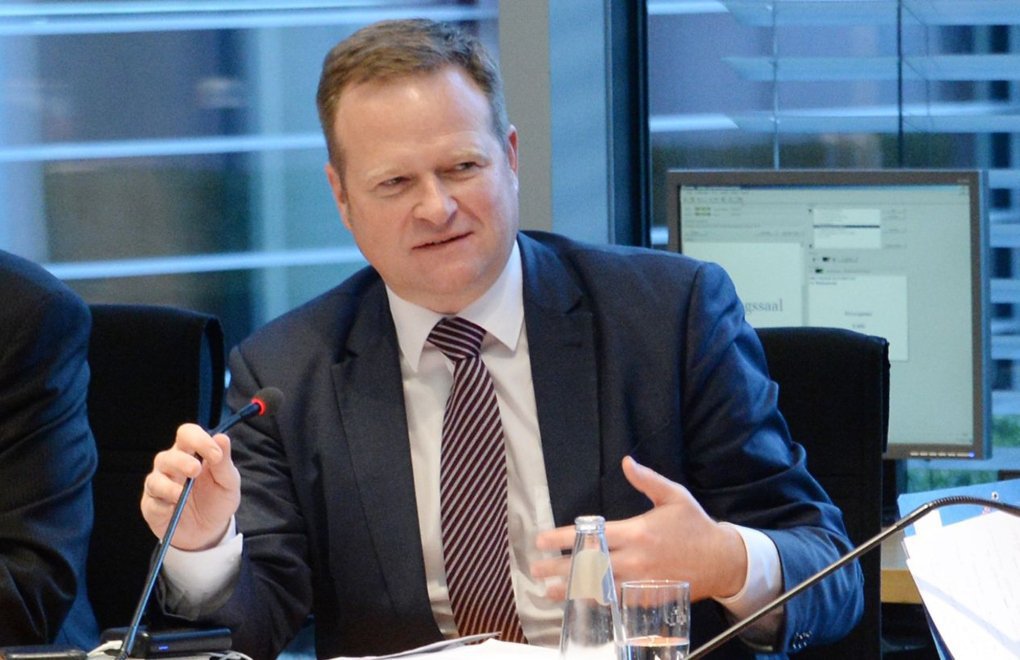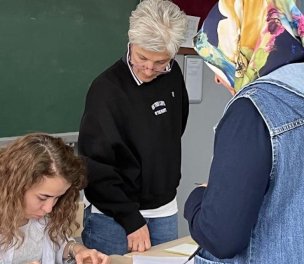The Parliamentary Assembly of the Council of Europe (PACE) released a report concluding that while the recent presidential and parliamentary elections in Turkey were free, they fell short of being fair.
The report, based on the findings of the PACE delegation that observed the elections, highlighted various aspects of the electoral process and offered recommendations for improvement.
The challenging context in which the elections took place was acknowledged in the report's summary. It mentioned the aftermath of earthquakes, the state of emergency in some provinces, and the polarized political scene as influencing factors.
Despite offering voters a genuine choice between political alternatives, the report emphasized that the elections occurred in an environment of continued restrictions on fundamental freedoms and limited oversight of the media.
Positive aspects were also recognized, including the high voter turnout, efficient technical preparations, and the lowering of the electoral threshold. The efforts of civil society organizations and political parties in facilitating voting for citizens affected by the earthquakes were commended.
However, the report outlined several shortcomings and challenges that affected the electoral process. These included late legal amendments, the lack of judicial review of decisions made by the Supreme Election Council (YSK), the misuse of administrative resources and state media by incumbents, and instances of intimidation and harassment targeting opposition parties and candidates. Inconsistent implementation of procedures on election day was also noted.
Recommendations
The PACE report made several recommendations for enhancing the electoral process to align with international standards and good practices.
It urged comprehensive and inclusive revisions to the legal framework, ensuring full respect for fundamental freedoms and human rights. Strengthening the independence and transparency of the election administration and media oversight bodies was emphasized. The report called for enhanced voter education and training for election officials, equal opportunities for all contestants, effective remedies for electoral disputes, and facilitation of citizen and international observation.
Frank Schwabe, the head of the PACE election observation mission in Turkey and head of the PACE Social Democrats, Green, and Left Group, addressed the PACE session with concerns about the media's self-censorship and the lack of a level playing field in the elections. He stated, "We have a situation where we have a kind of self-censorship in the media. Not just in the public media."
Schwabe highlighted the stark contrast between the resources of opposition candidates and those from the ruling party, saying, "It was far away from a level playing field."
Expressing unease, Schwabe emphasized the failure to fulfill the fundamental judgments of the European Court of Human Rights (ECtHR) and its implications on democratic elections in Turkey. He stressed, "That brings the country into a situation where democratic elections are not very easy to hold."
Urging action, Schwabe stated, "We urge to implement the recommendations from a lot of bodies of our organization from the monitoring procedures and from the Venice Commission."
Lack of transparency
Schwabe further raised concerns about the Supreme Election Council (YSK) and its lack of transparency. He explained, "At the end there is no possibility for any court to change the decision of the SEC, and the problem is that it's really very, very intransparent and not clear for us at the end how is the SEC working."
While noting some improvements in the second round of elections, Schwabe acknowledged the challenges faced during the first round, saying, "We had difficulties to reach and get into some polling stations."
In conclusion, Schwabe emphasized the responsibility of the authorities in Turkey to fulfill their obligations to the Council of Europe, regardless of the government in power. He emphasized, "The fundamental obligation is to fulfill the judgment of the ECtHR, and I think we have to ask Turkey to do so." (VK)





